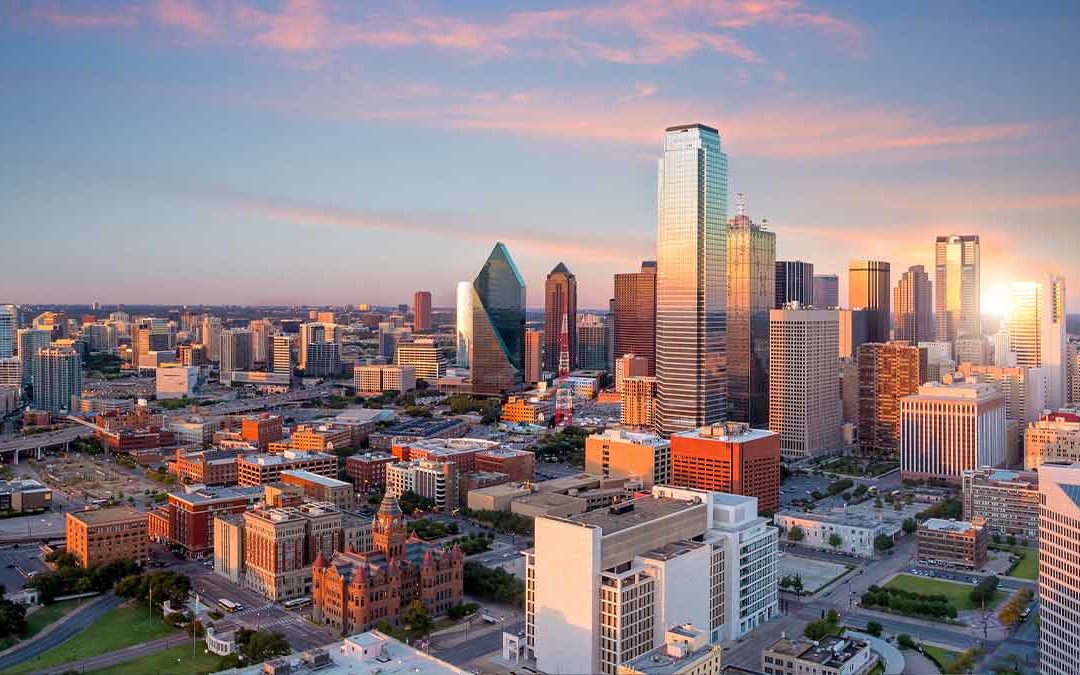In the grand spectacle of democracy, elections and campaigns are the riveting acts that unfold under the spotlight of public scrutiny. As with every political season, the coverage of elections, whether they are presidential, legislative, or local, takes center stage. These vibrant contests are more than just votes; they represent a profound reflection of our political aspirations and the enduring dynamics that shape our society. This article explores the captivating world of elections and campaigns, delving into the candidates, their policies, campaign strategies, and the ultimate election outcomes that provide invaluable insights into the ever-evolving political landscape.
Act 1: The Players and the Stage
The ensemble of any political spectacle is an array of diverse characters—candidates who emerge with their unique stories, backgrounds, and aspirations. Their policies become the script, illuminating their vision for a better future. As the audience, we become the critics, meticulously scrutinizing their platforms, dissecting their policy proposals, and deciphering the significance of their political backgrounds.
In the realm of presidential elections, the stakes couldn\’t be higher. The nation\’s top office is up for grabs, and candidates from all walks of life vie for the role of commander-in-chief. The drama unfolds as these political heavyweights engage in heated debates, roundtable discussions, and town hall meetings to sway the hearts and minds of voters.
Act 2: Campaign Strategies – The Art of Persuasion
The campaign trail is the setting where candidates employ their craftiest strategies. The game is all about persuasion, mobilization, and communication. Political advisers serve as directors, carefully scripting each move, debate zinger, and public address. The candidates\’ performances are perfected through tireless rehearsals, town hall events, and social media campaigns.
Ground campaigns and grassroots organizing take the message directly to the people, while digital advertising and social media engagement extend the reach to millions. From door-knocking to virtual town halls, it\’s a relentless effort to connect with the voter, to inspire their trust, and to win their support.
Act 3: The Cliffhanger and the Grand Finale
Election day arrives, and the nation holds its breath. The anticipation is palpable, and the outcome is uncertain until the last ballot is cast. The moment of truth, as the results trickle in, is the grand finale—the climax of this political drama.
The election results paint a vivid picture of the collective consciousness of the nation. Each vote, like a brushstroke, contributes to a masterpiece that reflects our democratic choices. The victor claims the role of the protagonist, tasked with leading the nation forward, while the defeated gracefully exit the stage.
Intermission: Reflection and Analysis
In the aftermath of the grand finale, it\’s time to break down the performance. What drove voters to the polls? How did the campaign strategies shape the outcomes? The pundits and political analysts dissect every aspect, seeking to decipher the narrative woven by the candidates and the voters\’ verdict.
This phase of reflection offers an opportunity to explore the electorate\’s mood, the shifts in political ideologies, and the evolving priorities of the nation. Exit polls and surveys provide valuable data, enabling a comprehensive analysis of the political landscape.
Curtain Call
Elections and campaigns represent the heart and soul of our democratic process. They are a testament to the resilience of democracy, where the drama of competition, the art of persuasion, and the verdict of the people intertwine to shape our political future.
The coverage of these events is a timeless endeavor that enables us to witness democracy\’s enduring spectacle. It serves as a powerful reminder of the ongoing evolution of our political landscape and the ever-present need for vigilant analysis and scrutiny. So, as the curtains rise on the next election cycle, let us all prepare to take our seats in the theater of democracy and play our roles as informed and engaged citizens.











